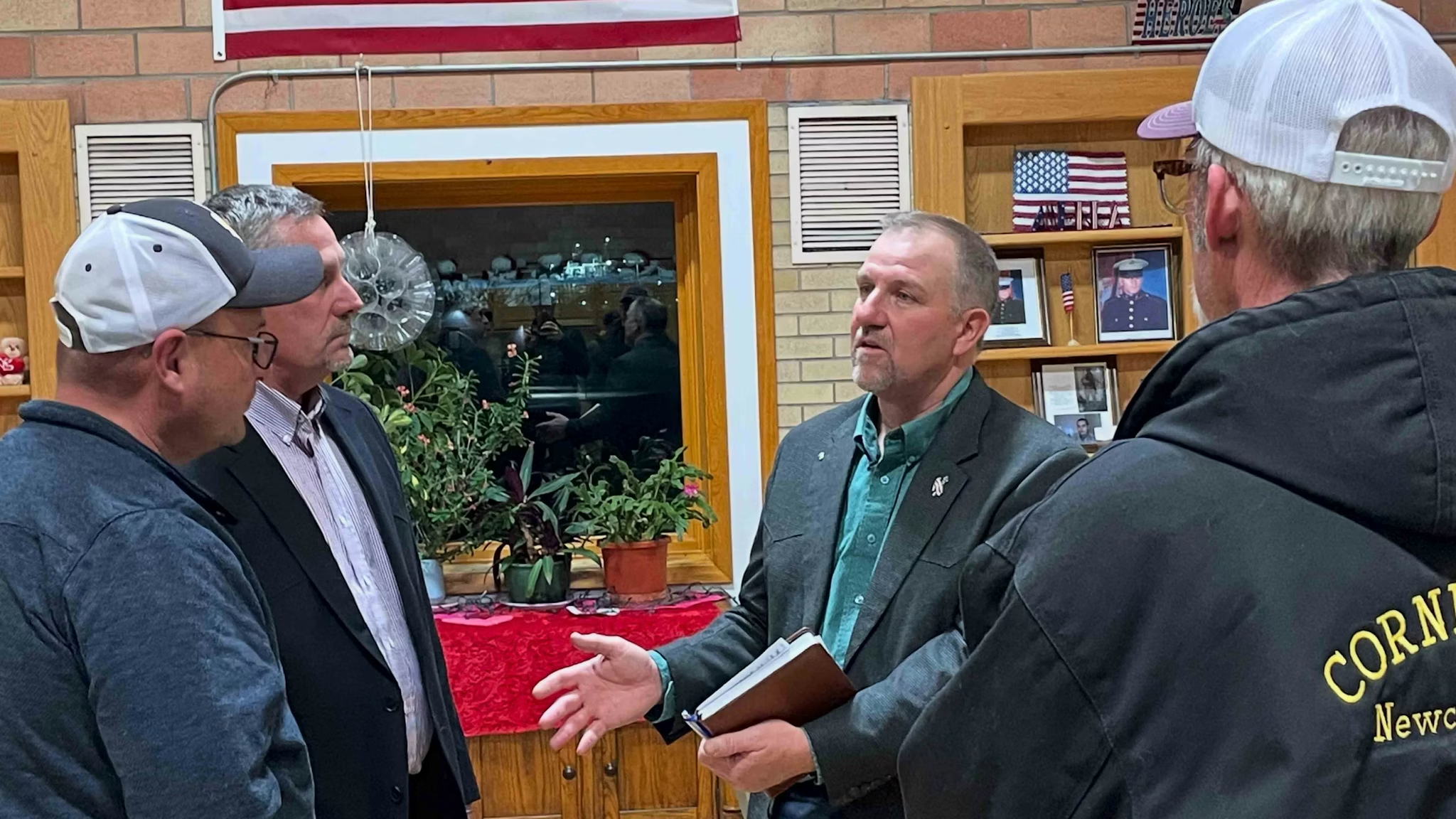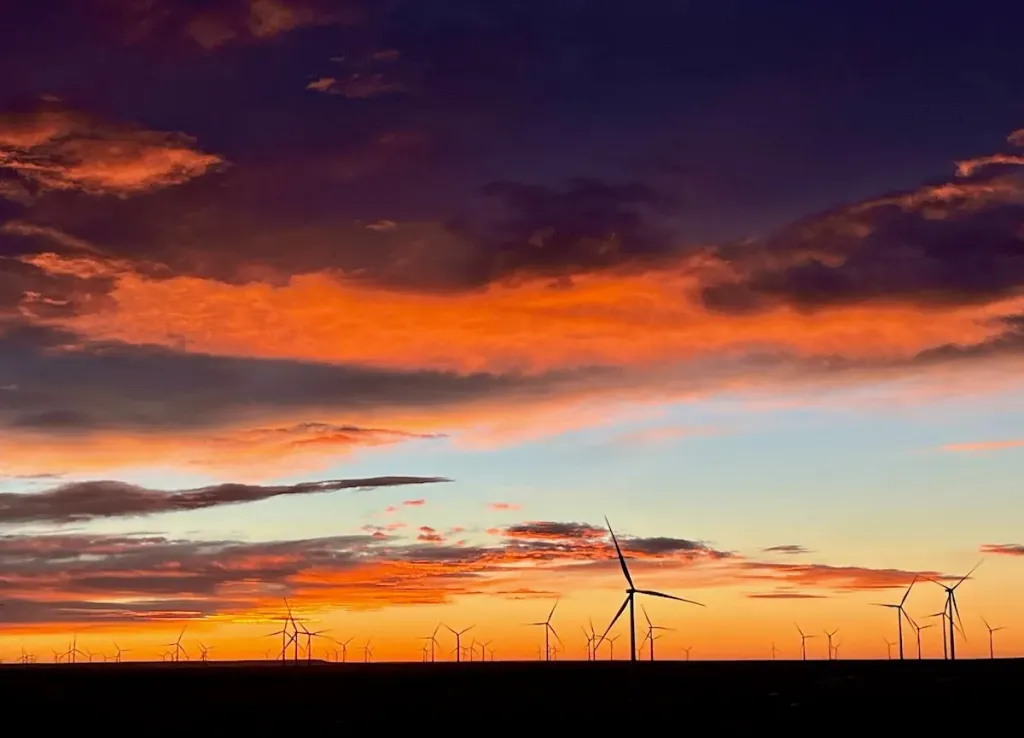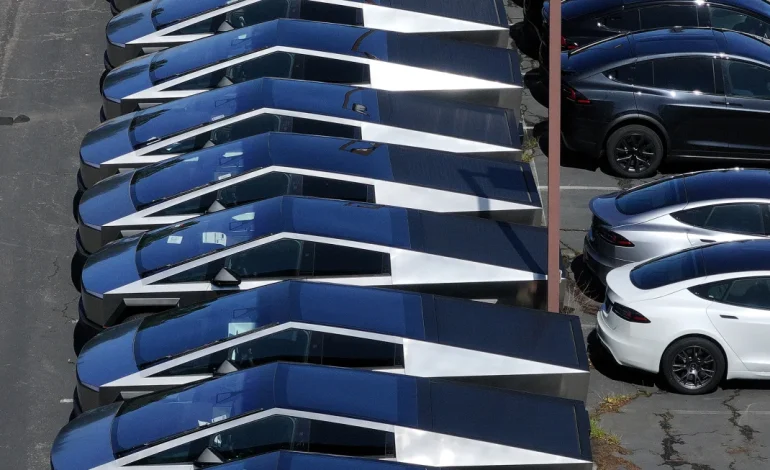Tesla finds itself navigating a complex intersection of business, politics, and global trade, as mounting US tariffs and CEO Elon Musk’s ties to President Donald Trump present both opportunities and risks for the electric vehicle maker, CNN reports.
Like many American manufacturers, Tesla is feeling the effects of the new 25% tariffs on imported vehicles announced by the Trump administration earlier this month. However, the company’s situation is uniquely complicated by Musk’s prominent and sometimes controversial role in national politics.
Investors are watching closely ahead of Tesla’s quarterly earnings report on Tuesday, seeking clarity not only on the company’s financial performance but also on broader strategic questions. Key concerns include the impact of tariffs, Musk’s involvement in the Department of Government Efficiency (DOGE), and the status of several high-profile initiatives such as self-driving vehicles and humanoid robots.
Although Tesla is somewhat insulated from the tariffs due to its US-based manufacturing and limited reliance on foreign parts, the measures still pose a financial burden. Musk acknowledged the issue on his social media platform X, calling the cost to Tesla “significant.” Tesla has also stopped taking new orders for certain models in China due to retaliatory tariffs, although those models make up a small portion of its global sales.
Publicly opposing the tariffs, however, risks straining Musk’s relationship with the White House. On the other hand, supporting the administration’s trade stance could alienate key international markets—particularly China, which accounted for over $20 billion of Tesla’s revenue in 2024 and remains a major growth driver.
“The backlash from Trump tariff policies in China and Musk’s association will be hard to understate,” said Dan Ives, an analyst at Wedbush Securities.
Musk’s high-profile role in Washington, particularly his involvement in DOGE, has become a flashpoint for investors. Several widely upvoted questions on Tesla’s investor forum have asked whether his political engagement is hurting the brand and whether the board is considering a more Tesla-focused role for the CEO.
Tesla has not publicly commented on whether Musk plans to scale back his government activities. However, speculation that he might step away from DOGE briefly lifted Tesla shares earlier this month—only to be followed by denials from both Musk and the administration.
Outside pressure is also building. Protests at Tesla locations and online boycotts have drawn attention to concerns about the company’s political associations, while the stock has declined by about 50% since December.
Beyond the political dynamics, investors are also eager for updates on Tesla’s product roadmap. Musk has previously promised a fleet of self-driving robotaxis and the eventual sale of humanoid robots, positioning these developments as key to Tesla’s long-term valuation.
Plans for a ride-hailing robotaxi service in Austin, Texas, were supposed to launch in June, but Tesla has yet to provide a public update. In contrast, competitors such as Waymo and Uber have moved ahead with their own autonomous vehicle programs in the city.
“It would be a huge negative for the stock if he pushed back the robotaxi plans,” Ives said. “We need to hear good news there, because there’s not going to be good news in terms of earnings or what the rest of the year will look like financially.”










The latest news in your social feeds
Subscribe to our social media platforms to stay tuned